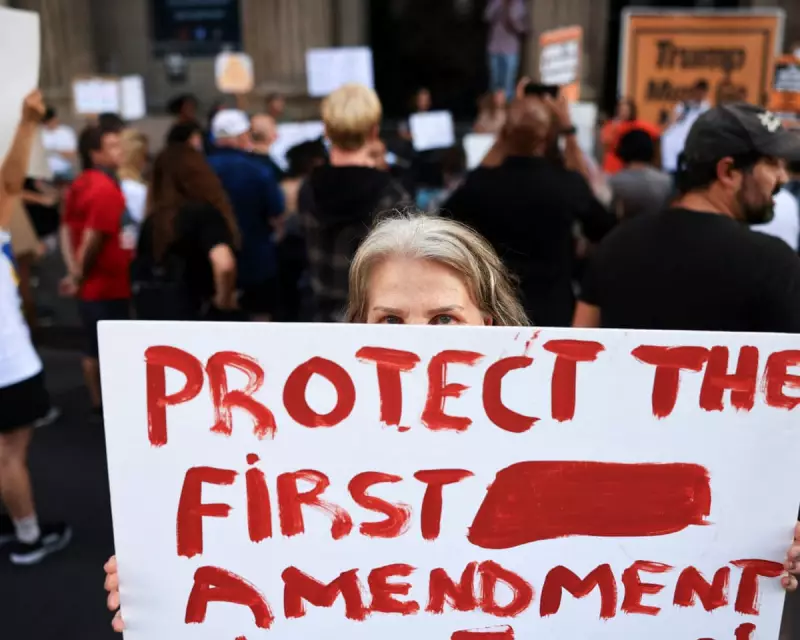
A firestorm of controversy has engulfed American broadcast media after ABC's shocking decision to suspend renowned late-night host Jimmy Kimmel. The move, which fellow commentators are branding a 'blatant assault on freedom of speech', follows a contentious monologue on his flagship show, Jimmy Kimmel Live!.
The suspension has triggered an immediate and fierce backlash from across the entertainment industry. Prominent figures have rushed to Kimmel's defence, framing the network's punishment as a dangerous act of censorship that sets a chilling precedent for political discourse on television.
A Network Under Fire
ABC has faced intense scrutiny over its decision, with critics accusing the network of capitulating to external pressure and violating fundamental principles of free expression. The specifics of the monologue that prompted the suspension remain a focal point of debate, highlighting the increasingly tense relationship between media figures and corporate ownership.
The backlash is not limited to public statements. There are reports of growing internal discontent within ABC, as well as discussions among other hosts about how to respond to what many see as an unprecedented overreach by a major network against one of its biggest stars.
The Ripple Effect Through Media
This incident transcends a simple disciplinary action; it has ignited a fierce debate about the boundaries of comedy, satire, and political commentary in modern broadcasting. Kimmel's colleagues have emphasised his history of using his platform to critique powerful figures and institutions, a role they argue is essential in a functioning democracy.
The suspension raises critical questions about corporate control over content and the ability of entertainers to engage with contentious political issues without fear of reprisal. This event is being closely watched as a potential watershed moment for free speech in the entertainment industry.





